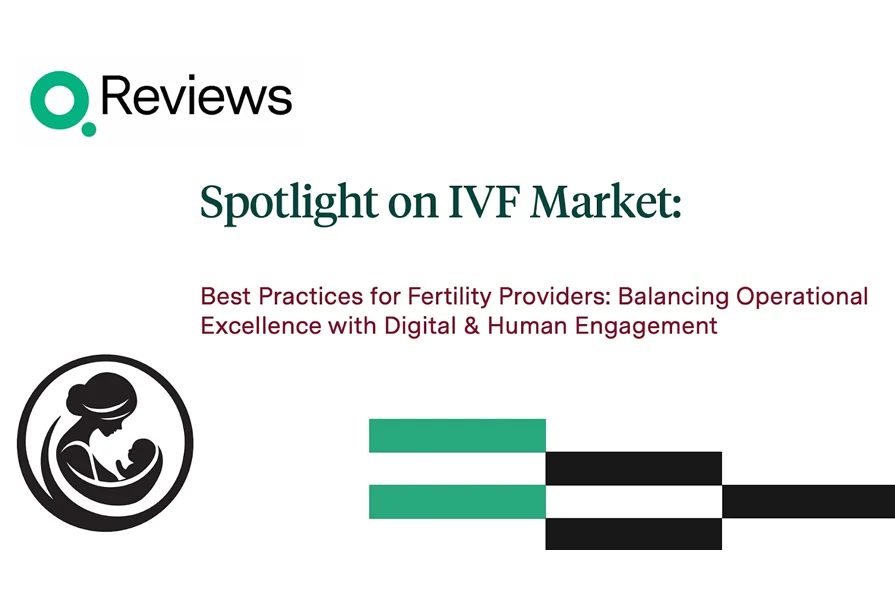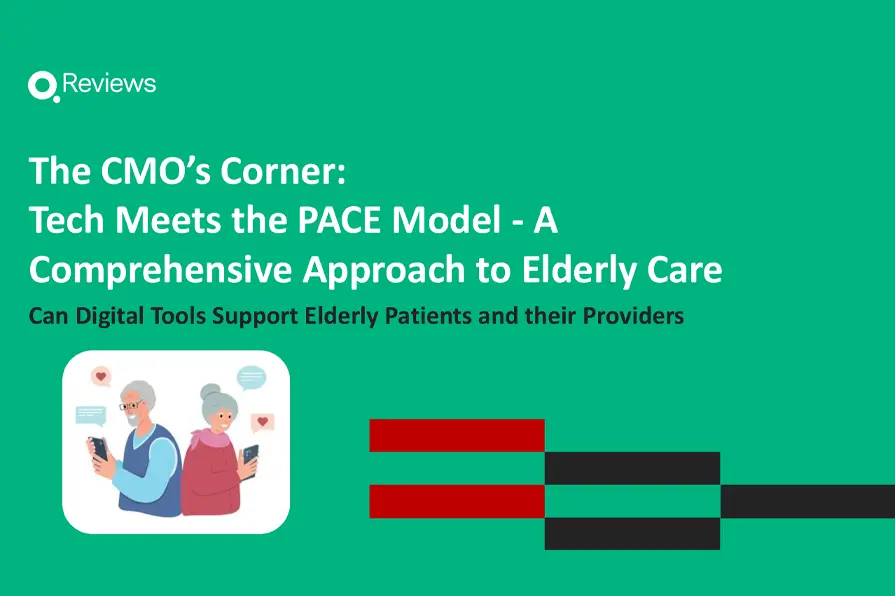
The Link Between Nurse Satisfaction & Patient Experience

While most healthcare employees find their jobs rewarding, they can also be draining. With nursing job satisfaction — closely linked to patient care — decreasing, more and more healthcare organizations are seeking solutions.
In the webinar “The Relationship Between Nurse Satisfaction and Patient Experience” Quality Reviews® CEO Edward Shin, MD is joined by Amy Pettit, DNP, RN, NE-BC, CSSBB, and human resources expert Baldomero Silva. They discuss the factors that lead to nurse burnout, and how to address the needs of the nursing staff. The goal is to help them remain healthy, productive members of the nursing profession.
Silva is the Vice President of Total Rewards at Grady Health System in Atlanta. Prior to that, he worked extensively in the retail sector, including extensive time at Walmart. Pettit is the Chief Nursing Officer and Vice President of Patient Care Services at Schneck Medical Center in Indiana. She’s been dedicated to finding solutions to nurse burnout, and her doctorate dissertation focused on the relationship between nurse job satisfaction and patient outcomes.
How Does Your Nurse Satisfaction Level Stack Up?
When asked how to measure burnout, Pettit explains that nurse satisfaction surveys effectively focus on the work environment. She says, “If you don’t have a good work environment, then your team can easily become burned out.”
Silva’s response applies to nursing, but takes it a step further. Outside of taking surveys, he says that leaders can get a sense of how happy the staff is by actively observing interactions in the workplace. “Sometimes you can tell right away… do employees gravitate towards you or do they scatter? Something isn’t right if they scatter, or they gravitate to you because they are proud of their department, unit, and the work that they’re doing.”
Silva adds that competent leadership can prevent high turnover rates. Quality leaders are great communicators, and they strive to build trust. They come in with a team mentality, and take the staff’s best interests into consideration — not just those of the organization.
Along with that, Petitt also recommends adopting appropriate leadership styles when necessary, and a democratic approach that allows input from all stakeholders which fosters healthy communication.
Higher Nursing Job Satisfaction Means Lower Burnout
When you consider the impact of Covid-19 on hospital systems, it would be understandable for one to think that there isn’t much that can be done to prevent nurse burnout. While it is true that the constantly changing landscape of the pandemic has been tumultuous, nurses have always suffered from burnout. Here are a few takeaways from Pettit and Silva that focus on solving and preventing future burnout:
- Encourage nurses to participate in decision-making.
- Strong leadership that empowers nurses and their staff.
- Communication that involves genuine listening and follow-up
- Tending to their needs, whether they are time-off requests, mindful schedule rotations, childcare concerns, or even a meal.
- Offer insurance with mental health benefits
- Recognize their efforts.
RISE Programs Provide Emotional Support to Overwhelmed Staffers
A game-changing resource for some hospital systems is the RISE/We Care program. For Grady Health, Silva explains that these programs offer peer support and a sounding board for frontline workers who’d otherwise not feel like they’re able to express their grief in the workplace. For quite some time, these weekly sessions have been a growing self-care tool that staff has found helpful. Petitt’s RISE team enables frontline staff to share their feelings, as well as offer constructive criticism.
Striving for nurse satisfaction is an ongoing process that can’t end once the pandemic is under control. Petitt explains that healthcare organizations will deal with the ripple effects for quite some time. It is imperative that organizations find solutions for high rates of nurse turnover, as the overall hospital rating and the likelihood of being recommended are directly tied to nursing job satisfaction. The success of the healthcare system and the well-being of the nursing staff depend on it.








